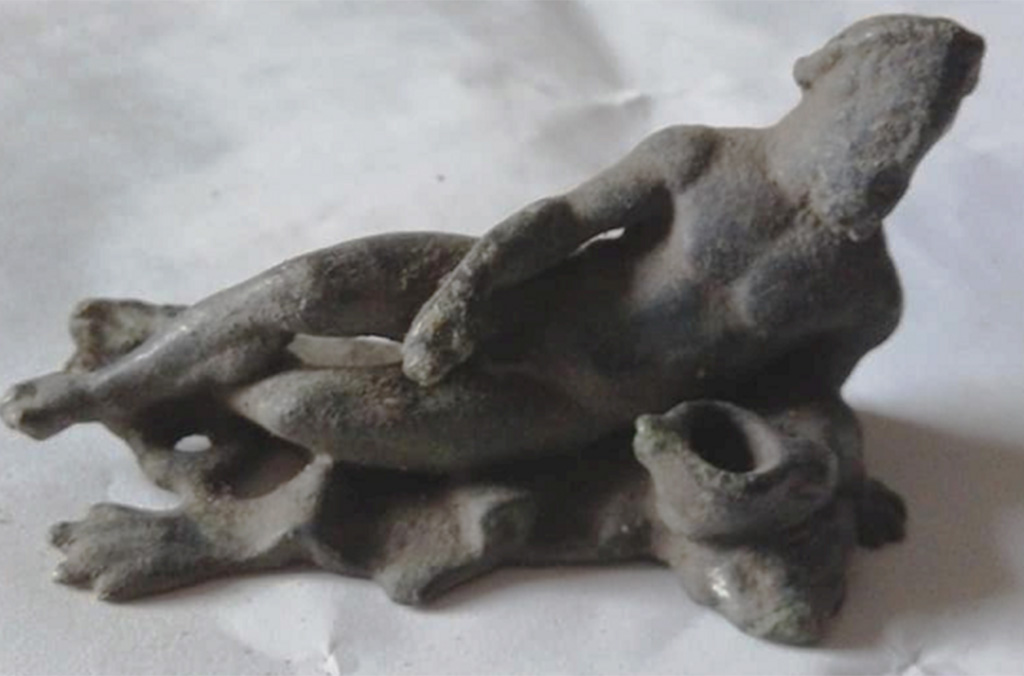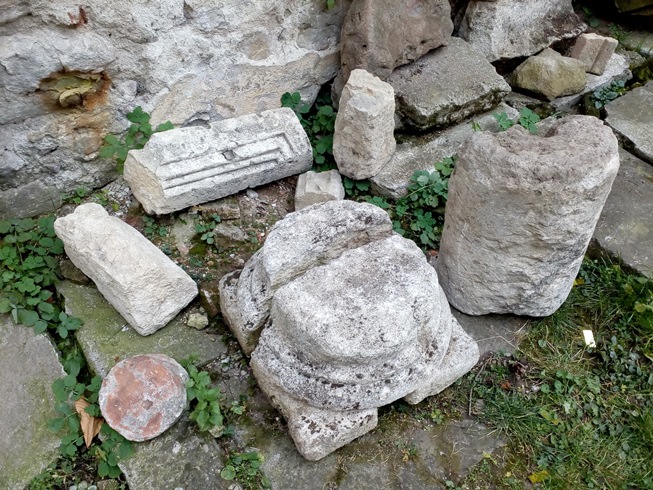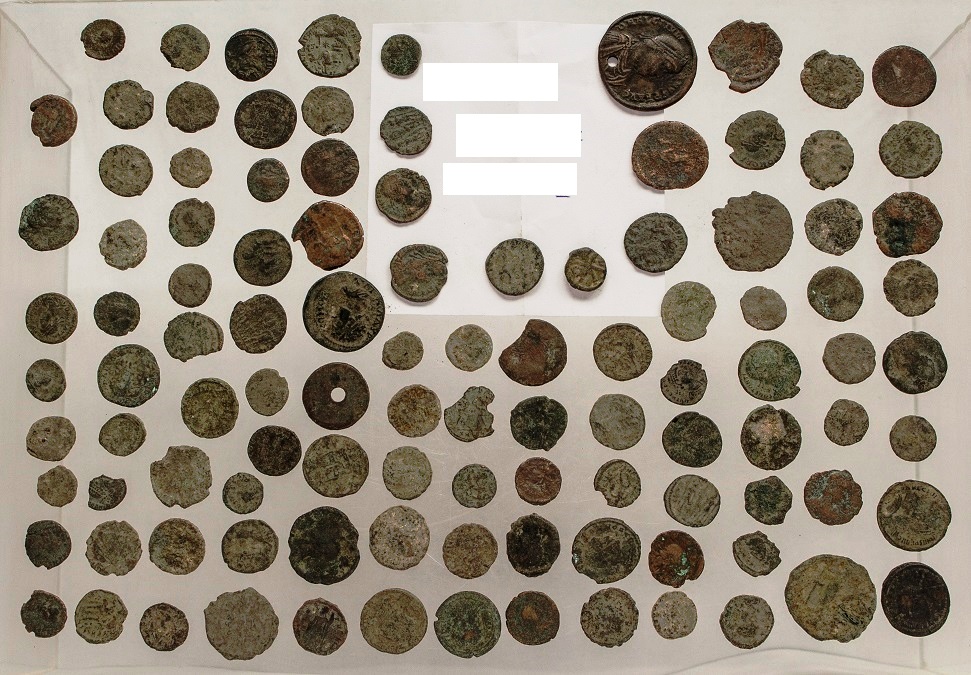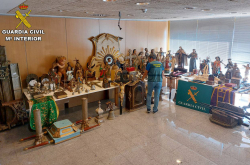LYON, France – Customs and other law enforcement authorities from 29 countries, coordinated by the Spanish Civil Guard (Guardia Civil) and supported by Europol, INTERPOL and the World Customs Organization (WCO), have joined forces against the trafficking of cultural goods.
During operation Pandora III, law enforcement authorities assigned thousands of police and customs officers to focus on online market and key hot spots, with the aim of disrupting the activities of criminal groups involved in this form of trafficking.
Objects such as metal detectors, which can facilitate the trafficking of cultural goods, were also seized during the operation.
The majority of the objects seized during the operation were from European countries; however, more than 30 objects originated in countries outside Europe such as Colombia, Egypt, Iraq and Morocco.
On-the-spot checks in 29 countries
Fighting the illicit trafficking of cultural goods online is a key challenge. Criminal groups take advantage of digital platforms such as websites, social media and instant messaging apps to sell cultural artefacts of unlawful origin.
Within the framework of operation Pandora III, a cyber patrol week was organised by the Dutch Police (Politie) as part of a multi-disciplinary law enforcement initiative: 26 experts from 21 countries, Europol, INTERPOL and WCO mapped active targets and developed intelligence packages. In total, 169 suspicious websites were targeted, resulting in the seizure of 682 cultural objects.
Between 22 and 30 October 2018, the 29 participating countries carried out numerous checks:
- inspections in auction houses, art galleries, museums and private houses, resulting in 49 arrests and 67 administrative sanctions;
- controls at ports, airports and border crossing points, resulting in four arrests, three administrative sanctions and 201 cultural goods seized;
- inspections at hot spots (i.e. archaeological sites), leading to six arrests, 49 administrative sanctions and 909 cultural goods seized.
Operation highlights
- Around 10,000 archaeological artefacts were seized as a result of a single successful investigation carried out by the Spanish Civil Guard; 91 ceramic objects and 109 ancient coins were seized by the Italian Carabinieri Command for the Protection of Cultural Heritage (Carabinieri TPC) in private premises and mail centres; in a single investigation, 419 cultural objects were seized by Polish Police (Policja);
- Dutch Police spotted a 15th-century bible that had been stolen in Germany over 25 years ago. This rare edition was seized and returned to Germany; Romanian Police (Poliția Română) seized 128 pieces of ancient Roman military personal equipment, 134 pieces of antique ceramics and 189 coins (from the Hellenistic, Roman Republican and Roman Imperial periods) which had been stolen from archaeological sites;
- German Customs seized an ancient Mesopotamian crystal cylinder seal that had been shipped to Germany by post. The investigation is ongoing.
International coordination
Given the transnational dimension of this crime, Europol, INTERPOL and WCO established 24/7 operational coordination units to support information sharing as well as to disseminate alerts and warnings and perform cross-checks in different international and national databases. Europol (within the framework of EMPACT), played a key role in implementing the entire operation by facilitating information exchange and providing analytical and operational support (a mobile office was set up for the cyber-patrol activity). Officers made full use of INTERPOL’s Stolen Works of Art database with several hundred searches performed during the operation. Experts from Europol, INTERPOL and WCO were also deployed to provide analytical on-the-spot support over the course of the cyber patrol week.









